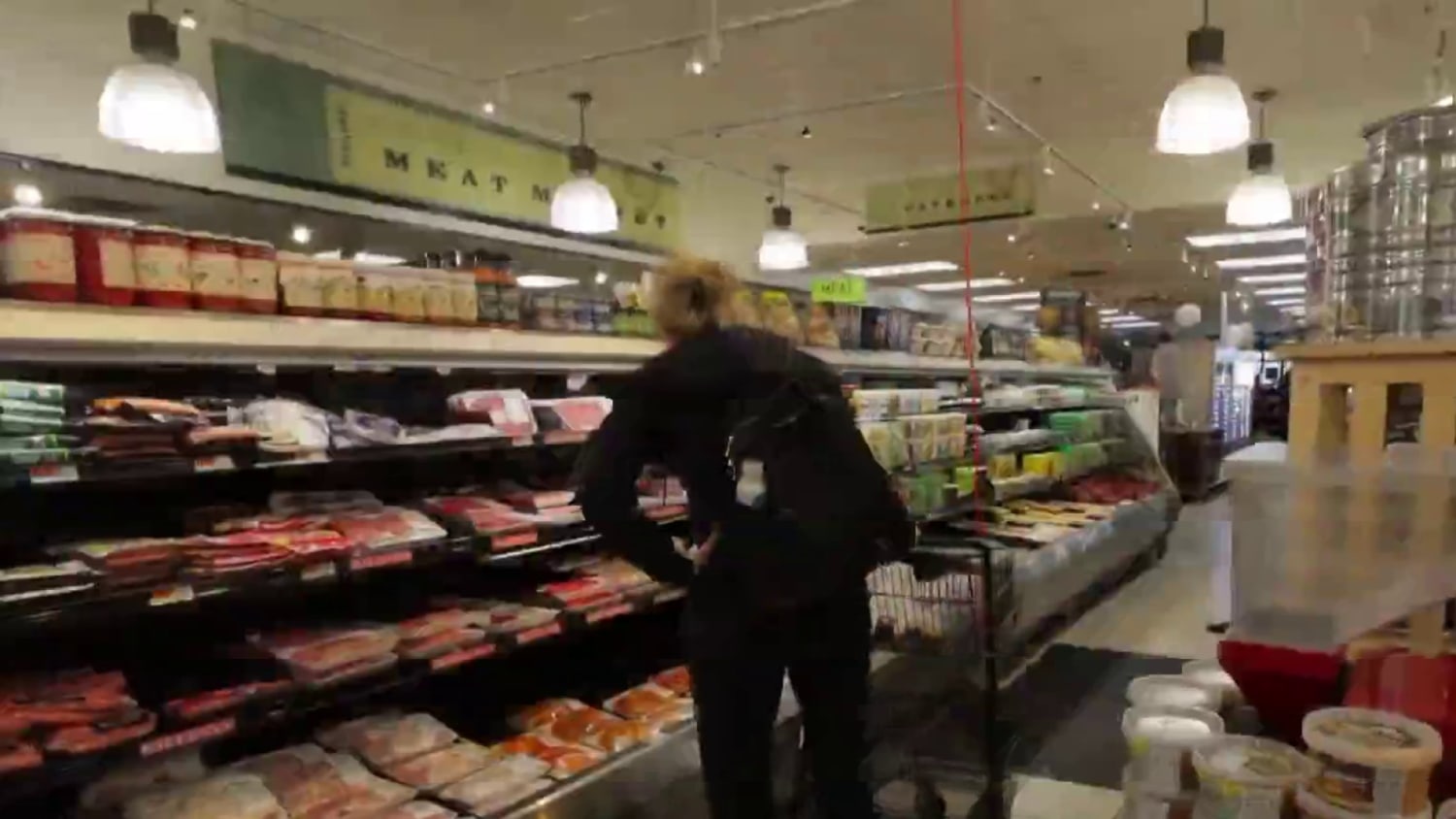A controversial immigration campaign has drawn attention after the Department of Homeland Security (DHS) used a clip of comedian Theo Von without his approval, prompting criticism and forcing the agency to remove the video.
The Department of Homeland Security encountered unforeseen criticism when it launched a promotional video designed to showcase its deportation activities. The uproar started when comedian Theo Von protested the use of his image and voice in what the agency supposedly referred to as an impactful deportation video. After his response, DHS discreetly took down the footage, but discussions about government communication, consent, and the morality of utilizing celebrity content without approval are still gaining momentum.
The controversy surrounding the campaign
El video del DHS intentaba transmitir un mensaje contundente sobre la aplicación de leyes migratorias y deportaciones, buscando utilizar un enfoque de la cultura pop para aumentar su alcance y relevancia. La agencia incluyó un breve fragmento de Theo Von de uno de sus episodios de podcast, aparentemente pensando que resonaría con el público. Sin embargo, el comediante, conocido por su comentario humorístico y opiniones sin filtros, rápidamente se distanció del mensaje político y de la campaña.
Upon discovering the inclusion of his material, Von publicly expressed that he had not authorized the use of his image or voice in the video. His comments swiftly gained traction on social media, sparking criticism from fans and commentators who condemned the agency for using his content for political ends. This backlash pushed DHS to promptly deal with the situation, resulting in the video’s withdrawal from official channels.
Public response and online discussion
The removal of the clip did not stop the conversation online. Instead, it sparked widespread debate about the boundaries between public content and government use of media. Some observers argued that once a comedian shares content publicly, it could be used in various ways, including government campaigns. Others insisted that using someone’s image or voice without explicit consent — particularly in politically charged topics like immigration — crosses an ethical line and can mislead audiences into believing that the individual supports the message.
Las redes sociales intensificaron el incidente, generando miles de comentarios, memes y videos que examinaban la acción. Algunos usuarios desaprobaron al DHS por intentar que la aplicación de la ley de inmigración pareciera moderna o cómica, argumentando que el tema es demasiado delicado y complicado para ser tratado con ligereza. Otros apoyaron el intento de la agencia de conectar con nuevas audiencias, pero cuestionaron su falta de previsión al no asegurar una autorización clara de figuras públicas reconocidas.
Inquiries on the ethics of governmental communication
The controversy also raised broader questions about how government agencies should approach public messaging in the digital age. As social media and online content become essential tools for outreach, agencies often seek creative ways to communicate policies and programs. However, experts argue that the government must exercise caution when repurposing public figures’ content, especially if it can be interpreted as an endorsement.
Legal experts have noted that while some materials accessible to the public might qualify as fair use, involving a well-known individual in advertising may lead to deceptive connections and possible damage to reputation. Furthermore, when the material addresses contentious policies like deportation, the likelihood of public outcry grows substantially.
Effect on public opinion and upcoming initiatives
For DHS, the episode represents more than just a PR misstep. It highlights the growing scrutiny government agencies face when adopting marketing strategies typically used by private companies or influencers. The backlash could make officials more hesitant to experiment with pop culture references or celebrity clips in future campaigns, especially on sensitive topics like immigration enforcement.
Communications strategists note that authenticity and transparency are critical when crafting public service campaigns. Any perception of manipulation or exploitation of popular figures can quickly erode trust and shift the narrative away from the intended message. In this case, instead of sparking conversation about immigration policy, the controversy focused on the misuse of Theo Von’s image and the ethical boundaries of government communication.
Lessons for digital media and policy outreach
The event highlights that efforts to update government communications, even with good intentions, can fail if not managed cautiously. Organizations need to find a balance between engaging with younger audiences and respecting intellectual property and individual creators’ personal brands. It is crucial to have clear dialogue and obtain prior approval when depicting someone, especially in politically sensitive environments.
For content creators and public personalities, the situation underscores the importance of monitoring how their work is repurposed and speaking out when it is used in ways they do not support. Theo Von’s swift and public response not only protected his personal brand but also sparked an important conversation about ethical boundaries in government messaging.
In the end, DHS’s decision to remove the video shows how quickly public pressure can force institutions to respond. The episode will likely influence how other agencies and organizations approach similar campaigns in the future, reminding them that in the era of social media, every piece of content is scrutinized and authenticity matters more than ever.




